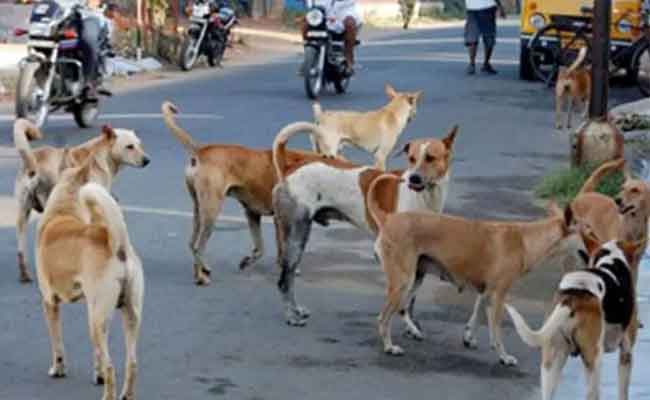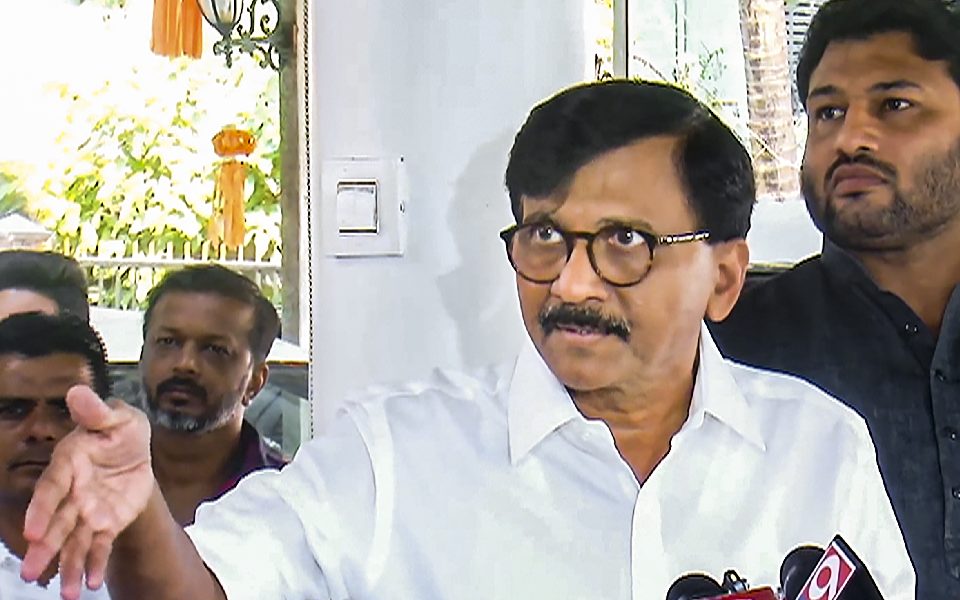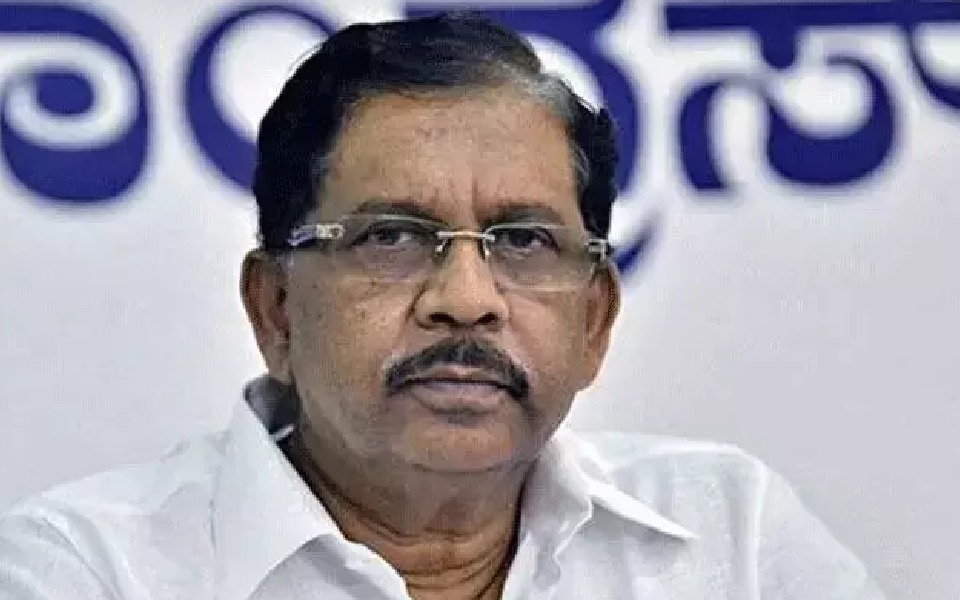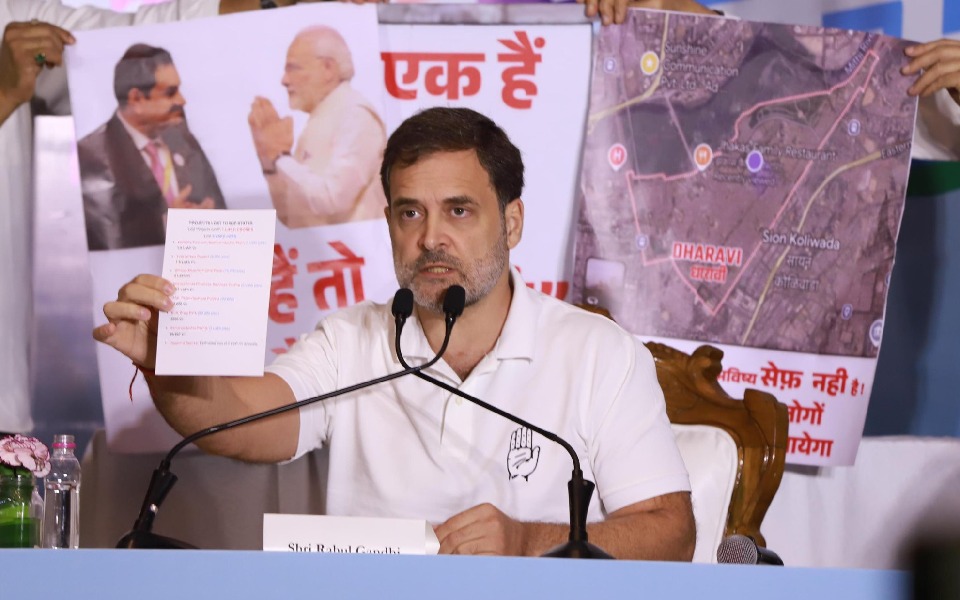Bengaluru: The Karnataka High Court has issued notice to the Bruhat Bengaluru Mahanagara Palike (BBMP) regarding its Request for Proposal (RFP) for the vaccination of stray dogs and implanting microchips inside the bodies of the animals.
The notice was issued by the HC bench consisting of Justices Sunil Dutt Yadav and Venkatesh Naik T, after animal caregiver Priyadarshini S filed a public interest litigation (PIL) questioning the BBMP's Request for Proposal.
The petitioner has complained that the BBMP adopted a combined plan for vaccination of stray dogs using microchips that can be scanned. She has also said that, going by the context of the Animal Birth Control (ABC) rules, the primary mandate of the city corporation is to sterilize or vaccinate the dogs in order to control their population. The locals, however, are well aware that the BBMP is still struggling to set up legally mandated ABC surgical centres at all zones of the city.
The court has also been told that specific approval has not been obtained from the Animal Welfare Board of India (AWBI) regarding the microchipping project on stray dogs, and that an invasive procedure at a large scale as planned by the BBMP is not be found anywhere else in the world. The dogs of Bengaluru cannot be treated as trial samples for an experimental combination of vaccination and microchipping, unless a pilot study has been conducted earlier under controlled conditions.
The petitioner objected to the BBMP desiring to have one RFP for various specialized vaccination procedures including microchipping, infrastructure and monitoring, pointing out that the procedures needed focused implementation plans. It would not be possible for the BBMP to get the same set of people to efficiently undertake all these tasks, without prior discussion and planning with AWBI-identified NGOs, she added.
The court was asked to quash and set aside the tender notification and also direct the respondents to follow the rules set by the ABC while issuing further tender notifications, with a declaration that the respondents are strictly adhering to the ABC rules.
Let the Truth be known. If you read VB and like VB, please be a VB Supporter and Help us deliver the Truth to one and all.
Mumbai, Nov 25: Shiv Sena (UBT) MP Sanjay Raut on Monday demanded a re-election in Maharashtra using ballot papers, claiming there were irregularities with the electronic voting machines (EVMs).
Talking to reporters, Raut alleged several complaints about EVMs malfunctioning and questioned the integrity of the recently held elections.
The BJP-led Mahayuti won 230 out of 288 seats in the assembly elections, while the opposition Maha Vikas Aghadi managed 46 seats, with Shiv Sena (UBT) winning just 20 out of 95 seats it contested.
"We have received nearly 450 complaints regarding EVMs. Despite raising objections repeatedly, no action has been taken on these issues. How can we say these elections were conducted fairly? Hence, I demand that the results be set aside and elections be held again using ballot papers," Raut said.
Citing some instances, he said a candidate in Nashik reportedly received only four votes despite having 65 votes from his family, while in Dombivli, discrepancies were found in EVM tallies, and election officials refused to acknowledge the objections.
The Sena (UBT) leader also questioned the credibility of the landslide victories of some candidates, saying, "What revolutionary work have they done to receive more than 1.5 lakh votes? Even leaders who recently switched parties have become MLAs. This raises suspicions. For the first time, a senior leader like Sharad Pawar has expressed doubts about EVMs, which cannot be ignored."
Asked about the MVA's poor performance in the elections, Raut rejected the idea of blaming a single individual.
"We fought as a united MVA. Even a leader like Sharad Pawar, who commands immense respect in Maharashtra, faced defeat. This shows that we need to analyse the reasons behind the failure. One of the reasons is EVM irregularities and the misuse of the system, unconstitutional practices, and even judicial decisions left unresolved by Justice Chandrachud," he said.
Raut stressed that though internal differences might have existed within the MVA, the failure was collective.
He also accused the Mahayuti of conducting the elections in an unfair manner.
"I cannot call the elections fair given the numerous reports of discrepancies in EVMs, mismatched numbers, and vote irregularities across the state," Raut said.





